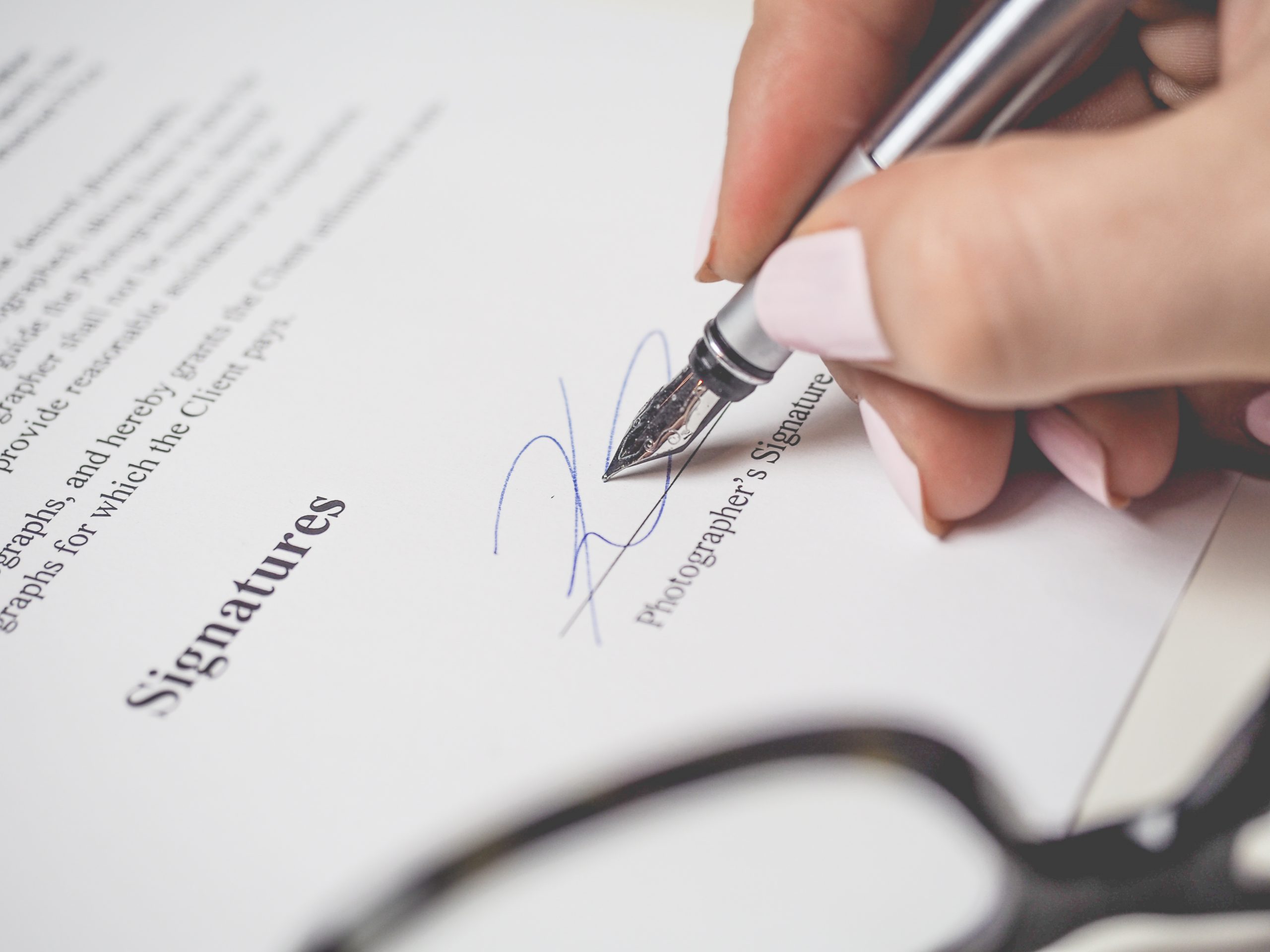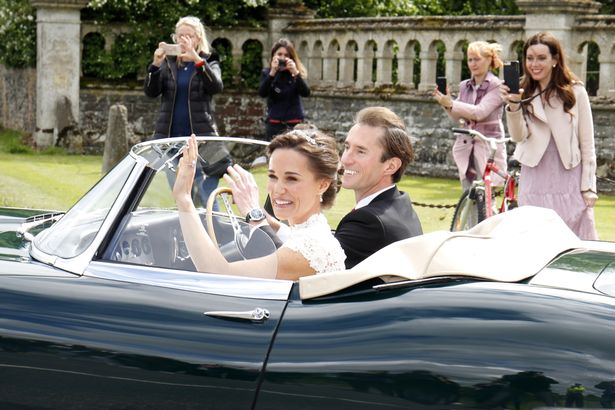
Be your own lawyer: How to review your supplier contracts – a general guide
January 6, 2017
What do I need to know about wedding insurance?
January 18, 2017Last year, The Wedding Lawyer received a record number of disputes arising from the photography and videography contracts. Disputes partly arose due to the supplier not keeping to their side of the agreement.
Whilst photography and videography contracts differ depending on supplier, here is our six-step checklist to assist you when checking your photography or videography contract.
Step 1 – Does your supplier know the venue, timings and duration of coverage?
As the consumer, it is your responsibility to check that the contract correctly states the date, venue and timings of your photo and videography shoot. Some suppliers will indicate the time at which they arrive and leave (e.g. arrive 9am and leave at 5pm) and others will simply state how many hours they will be providing coverage for (e.g. 8 hours coverage). Remember, wedding days do not always run on time, therefore, you are advised to go through your itinerary and ensure the timings stipulated on the contract as realistic. You may find it useful to negotiate an hourly rate with the supplier in advance of your wedding day, in the event of the day over running by one or two hours. This will prevent any nasty surprise bills for overtime after the event.
Step 2 – Who owns the copyright in the photos?
Do not be alarmed when a clause in the contract states “copyright of the photographic material” belongs to the supplier. This clause is often found in photography contracts. As the consumer, you should take care with how you use photos that are taken from your wedding day by your photographer. Whilst it may be tempting to stick photos/videos onto social media sites you are advised to check with you photographer before you use such photos/videos in this way.
Step 3 – How much do you need to pay upfront?
Many photographers and videographers want to be paid the entirety of their fees in full before your big day. Whilst, this provides the supplier with security that they have got the full payment, it also means you have little bargaining power once you have departed with your hard earned money. Whilst, suppliers can set their own terms as to how and when payments are due, it is worth choosing a supplier who is willing to accept part payment prior to the big day and the balance on completion of the job. This will provide an incentive for the supplier to deliver your photos and videos in a timely fashion.
According to the UK Competition and Markets Authority – as a guide:
- A deposit is just to reserve the goods and services and should be no more than a small percentage of the total price.
- Advance payments reflect the supplier’s expenses in carrying out the contract and should leave the customer with a reasonable amount to pay on completion of the job.
Step 4 – Do you need to provide your supplier with a meal or a break?
Photographers and Videographers are usually required to be fully alert and present throughout all aspects of the wedding day. However, they are only human beings are often stipulate break times and meal arrangements in their contract. Ensure you understand what the hospitality arrangements are for the supplier and if possible ensure this is factored into the itinerary. A failure to make provision to allow your supplier to take breaks for meals could mean they end up taking it at a time when they are most needed during the course of the day. It is not unusual for a photographer and videographer to request a hot meal in their contract. If this is the case, ensure you have made provision for this with your caterer.
Step 5 – Does your supplier understand the timetable for the day?
Contracts often contain a clause along the lines of
“The supplier x will endeavour to capture all the relevant moments throughout the day as they occur. However, some unforeseen moments might not be captured”
To minimise the risk of not capturing a special moment, ensure you have given your supplier a full briefing as close to the day as possible. This should also be supplemented with a printed timetable so there is no confusion as to where the photo and video team should be on the day.
Step 6 – Do you know when the final photos and videos will be delivered?
An often-disputed point is that a videographer or photographer is taking too long to deliver the photos or videos. Carefully check each clause of the contract to see that it mentions how long it will take the supplier is likely to deliver the final version of the photos and videos. Should this not be included in the contract, ensure you get written confirmation about how long this is likely to take.
Step 7 – Is there more than one photographer or videographer?
Both the bride and groom have wanted to instruct their own photographer and videographer on a separate basis to cover the wedding day. If this is the case, check the contract to ensure there are no limitations to allowing this. Some suppliers include a exclusivity clause which states “no other professional photography crew will be hired to cover the same event”.
Step 8 – Do you understand the cancellation clause in the contract?
Unfortunately, there are times where wedding days cannot go ahead, therefore ensure you are clear of what your financial liability is when you have to cancel a booking with a photographer or videographer. Remember, wedding insurance is always a good idea to protect you to cover any expenses in the event of cancellation.
If the photographer or videographer cancels the booking, check to ensure you are clear on your rights. The supplier should provide an alternative supplier of the same quality and experience or a full refund.
Should you need assistance with reviewing a contract or dealing with dispute, please contact info@theweddinglawyer.co.uk




